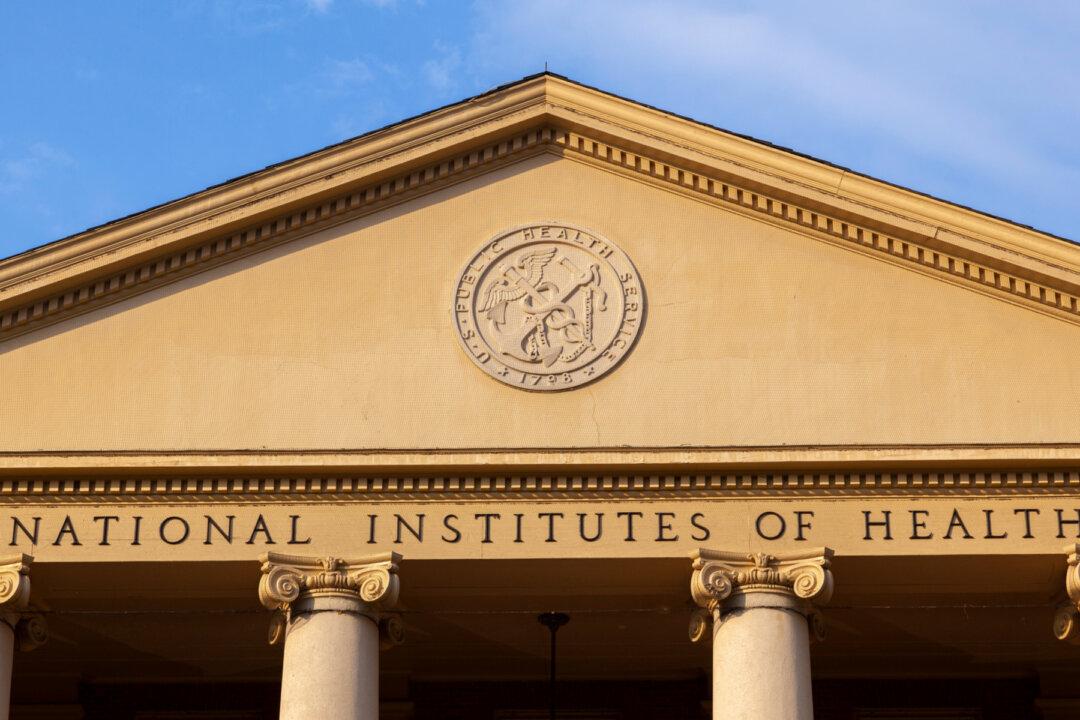Commentary
What precisely happened in the month of February 2020, when Anthony Fauci and his cohorts were plotting their pandemic response, is still a mystery. Jeremy Farrar, director of the Wellcome Trust, in his book on the topic says that during these weeks, they went to burner phones and clandestine video calls, and warned family members that something terrible could happen to them.





